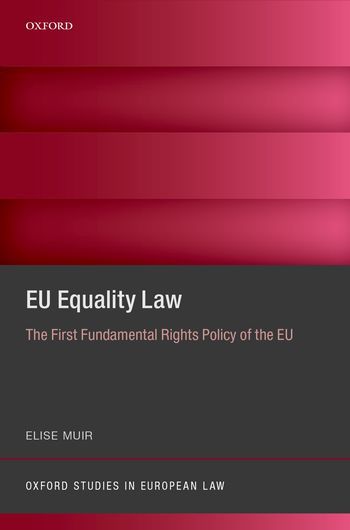
The European Union is a supranational organisation with a set of circumscribed powers. Although these powers do not include an all-encompassing fundamental rights' mandate, today's existential challenges - from economic to refugee crisis, via concerns for compliance with the rule of law in some of its Member States - increase the pressure on the EU to develop tools for protection and promotion of such rights.
One way of addressing the tension between the lack of a general mandate and vivid calls for protection is for the EU to focus on selected fundamental rights which it has competence to regulate. One such example is EU law on the fundamental right to equal treatment that has blossomed since the late 1990s. In developing selected fundamental right policies that can be imposed on domestic actors, as EU law does, supranational intervention needs to be carefully tailored to the plural landscape where they are intended to flourish.
This monograph calls for a nuanced use of the infrastructure of EU law to convey shared values at domestic level across Europe.